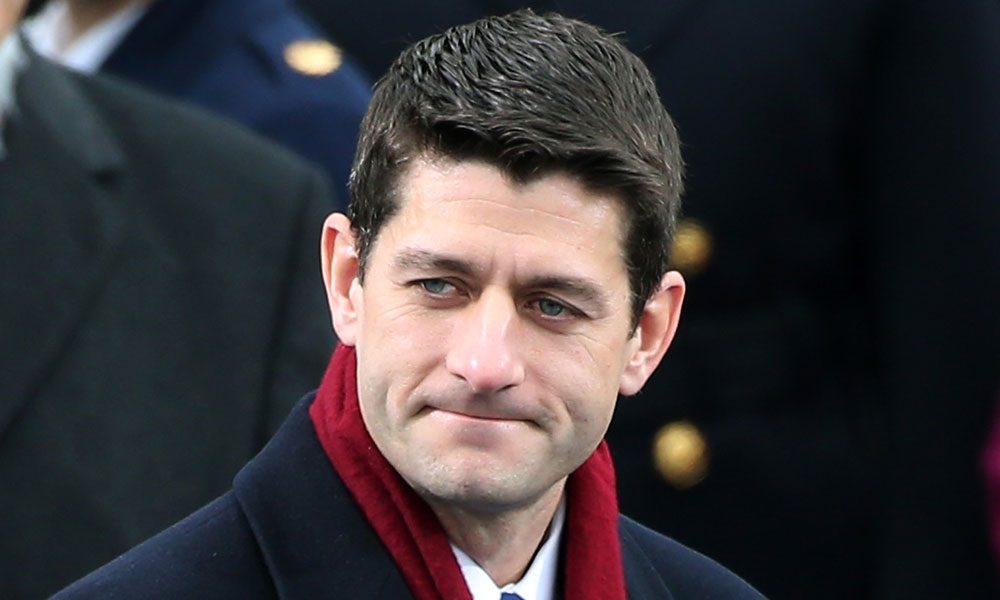
Lawmakers Continue Work on Temporary, Piecemeal Tax Reform
With a comprehensive tax reform deal unlikely this year, leaders in the House and Senate have turned their attention to the expired tax extenders. Meanwhile, House Budget Committee Chairman Paul Ryan’s proposed 2015 budget takes another stab at tax reform.
Senate Finance Committee Chairman Ron Wyden (D-OR) oversaw a markup of legislation to extend dozens of expired tax credits and deductions last week, which he said will build a bridge to comprehensive tax reform sometime in the next year.
The list of expired provisions include popular tax breaks for businesses like bonus depreciation, the research and development credit, and incentives for alternative energy, as well as some more-obscure tax breaks for specific industries. Congress usually renews these temporary tax breaks on an annual basis but allowed them to expire at the end of 2013.
Wyden’s proposal would extend 45 of the provisions through 2015 at a cost of $67 billion over 10 years, according to an estimate from the Joint Committee on Taxation. The legislation does not include any offsets to pay for the tax extenders. During the markup, committee members offered amendments to add back some provisions left out of Wyden’s initial proposal, such as a wind production credit favored by Sen. Charles Grassley (R-IA).
Wyden started the markup by saying that this will be the last tax extenders package the committee will take up while he is chairman. Wyden said he views these extenders as a short-term necessity until Congress can overhaul the tax code.
“Passing this bill soon—and making it the final extension—puts an expiration date on the status quo, builds a bridge to tax reform, and gives Americans two years of certainty about their tax bills,” Wyden said in his opening statement [PDF].
On the other side of the Capitol, House Ways and Means Committee Chairman Dave Camp (R-MI) will hold the first in a series of hearings on Tuesday to scrutinize every tax credit or deduction that is up for renewal to determine which ones should be made permanent under his tax reform proposal.
Meanwhile, Rep. Paul Ryan (R-WI), chair of House Committee on the Budget, released a 2015 budget plan last week that cuts government spending by $5.1 trillion over the next 10 years and lays out some general principles for comprehensive tax reform without endorsing any particular plan.
Notably, Ryan’s budget mentions Camp’s plan but urges consideration of other ideas that could strengthen the economy and support the nation’s funding priorities. Ryan told Bloomberg BNA [subscription required] that Camp’s plan was not specifically endorsed because it’s a discussion draft and there isn’t consensus yet among House Republicans on how to proceed.
“It’s not a final bill,” Ryan said of the Camp plan. “So we’re not going to put a discussion draft of an issue that is not yet settled policy among the Republican conference in the House Republican budget.”
Ryan’s budget plan does conform closely to Camp’s plan in terms of its broad goals of reducing top rates for individuals and businesses, closing loopholes, and simplifying the tax code. But it doesn’t outline any specific means of achieving these goals. The fate of Camp’s tax reform draft was put further in question by Camp’s announcement last week that he will not seek reelection.
After being approved by the House Budget Committee last week, Ryan’s budget proposal is expected to be presented on the House floor sometime this week.
Rep. Paul Ryan. (photo by Justin Sullivan/Getty Images News)






Comments